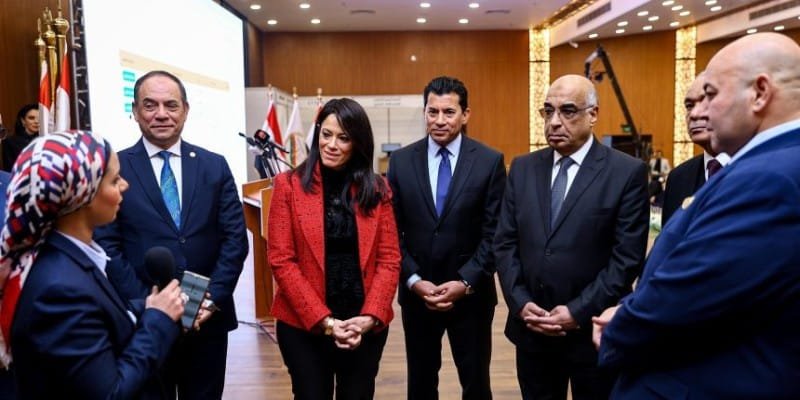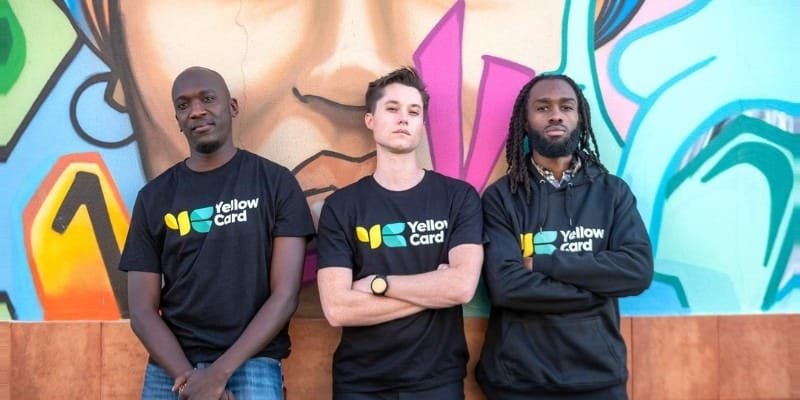As 2025 draws near, Nollywood is at a crossroads, with Hollywood’s successful techniques providing significant insights into long-term growth. In 2024, Hollywood’s top-grossing films will be dominated by sequels and spin-offs, utilising existing intellectual concepts that have a strong appeal to audiences. From known characters to enormous franchises, Hollywood’s dependence on continuity has proven profitable, and it is a paradigm that Nollywood may follow with promising results.
The 2024 box office chart reveals a clear pattern: the top 10 grossing films are sequels or spin-offs of prior hits. Pixar’s Inside Out 2 took the top spot, generating more than $1.6 billion worldwide, followed by Deadpool & Wolverine at $1.3 billion and Despicable Me 4 at about $1 billion. Studios rely on audience familiarity with established franchises to re-engage viewers with recognisable characters and storylines, leveraging previous success.
An excellent illustration of this technique in Nigerian cinema is Ramsey Nouah’s 2019 film Living in Bondage: Breaking Free. Many people tuned into this Netflix original because they are fans of the first Living in Bondage and the inclusion of new events that may be interesting to a more modern audience. Nollywood has the potential for comparable spin-offs and sequels, particularly for films with compelling themes and deep character development. These kinds of films may also do well at the box office in Nigeria and elsewhere, as Living in Bondage might have done if it had been released.
Hollywood’s Example: Why Sequels and Spin-offs Succeed
Hollywood’s focus on franchises isn’t accidental. According to IMDb, this trend not only drives profits but also keeps fan engagement high across media platforms, merchandise, and digital channels. By repeatedly exploring beloved characters and expanding on classic narratives, studios attract loyal audiences while minimising marketing risk.
Nollywood has already begun to explore this tendency with films such as Omo Ghetto: The Saga by Funke Akindele, a sequel to Abiodun Olarenwaju’s original Omo Ghetto. Similarly, sequels to The Wedding Party and Merry Men have received a lot of attention, almost matching the success of the originals. Netflix has also helped by releasing remakes of Nneka the Pretty Serpent (1992) and RattleSnake (1995), as well as commissioning fresh remakes of Domitilla (1996) and Glamour Girls (1994).
Why Nollywood Classics Continue to Resonate with Audiences
The authenticity of the narratives in Nollywood’s early classics is the source of their appeal. These films resonated with audiences of all ages because they captured the real-life difficulties, experiences, and goals of Nigerians. They presented actors who would go on to become global celebrities to audiences, including Nkem Owoh, Genevieve Nnaji, and Omotola Jalade-Ekeinde. These films become timeless masterpieces that continue to draw audiences today thanks to their distinctive fusion of compelling performances and culturally rich stories.
Critic Rosemary Bassey observes that many early Nollywood films remain popular because of their deeply rooted, didactic narratives. According to Nollywood researcher Francoise Ugochukwu, these cultural themes are a significant draw for the diaspora audience. Audiences today find nostalgia in these story-driven, relatable plots that contrast with the often aesthetics-driven approach in contemporary Nollywood films.
It’s not only about revisiting old classics but understanding whether the themes still resonate with today’s audience. Consumer behaviour has shifted, and Nollywood must consider how these changes impact film reception. When adapting or rebooting, studios should evaluate if the storyline can be adapted to modern contexts while preserving the cultural essence that made the original so successful.
Adaptations of Classic Nigerian Literature
Nollywood has yet to completely explore the adaptations of classic Nigerian novels. The recent announcement that Idris Elba may direct an adaptation of Chinua Achebe’s Things Fall Apart elicited conflicting opinions online. Concerns varied from linguistic accuracy to an actor from outside Nigeria portraying deeply Nigerian characters. While these worries are legitimate, the potential remains enormous.
Nigerian literature is full of stories that reflect the spirit of Nigerian life, culture, and history, providing limitless opportunities for Nollywood adaptations. Classic novels such as Things Fall Apart have the potential to alter Nollywood by highlighting Nigerian stories and characters on a worldwide platform with an authenticity that appeals to both local and global viewers.
Conclusion
As Nollywood grows, it stands to gain by integrating elements from Hollywood’s approach without losing its unique cultural voice. By focusing on sequels and spin-offs of beloved films and considering adaptations of classic literature, Nollywood can deepen audience engagement and expand its reach. With the right investment, Nollywood can maintain cultural relevance while resonating with modern sensibilities, crafting a future rooted in the rich heritage of its past.














